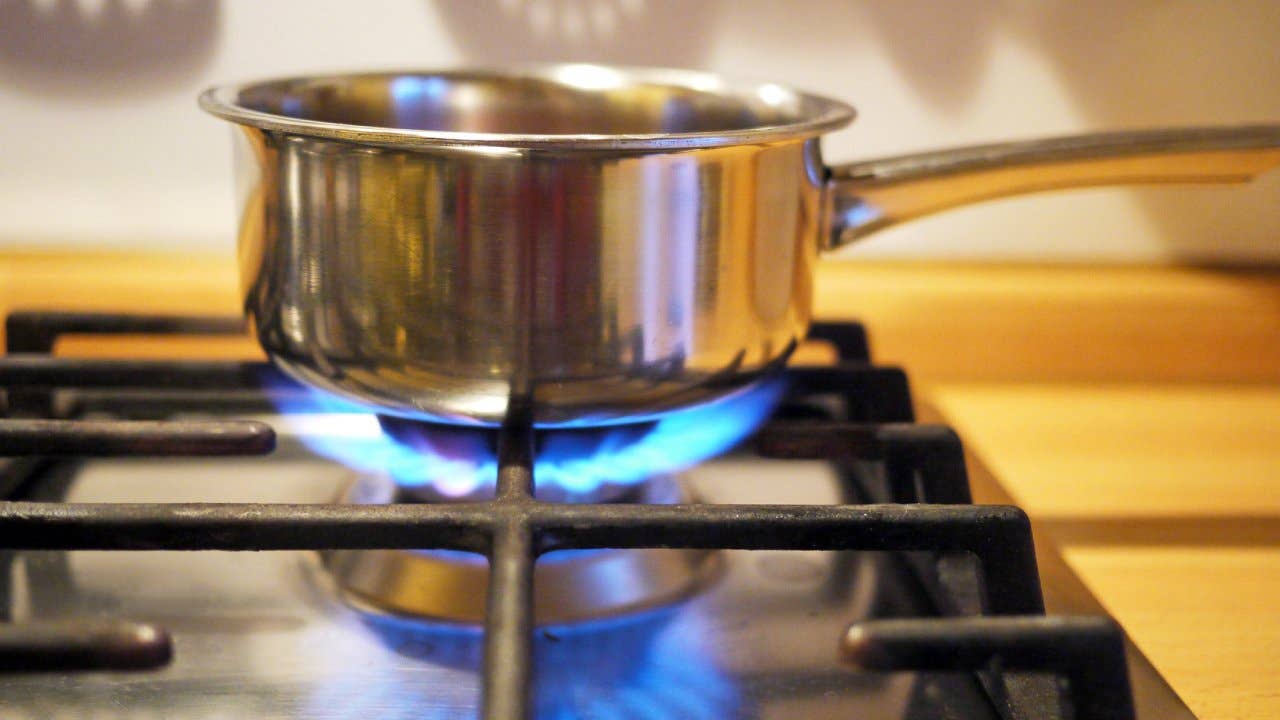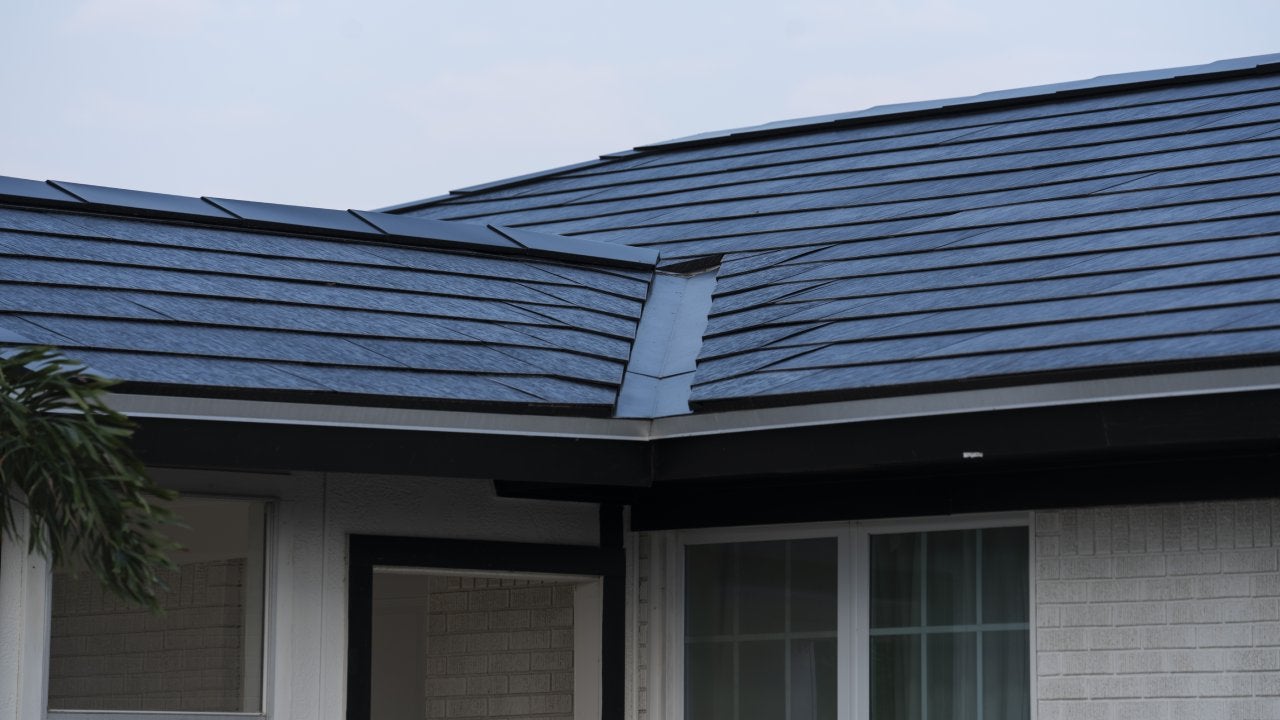Should you ditch natural gas?

Several areas around the country have passed or are considering legislation to ban natural gas hookups within new construction, including newly built residences. It’s part of the march towards a greener, free-from-fossil-fuel America. Which naturally fuels a question: Should you ditch natural gas in your existing home?
It’s a complicated question. Nearly 187 million U.S. residents use natural gas today to heat, cook and run appliances in their homes, according to the American Gas Association, a national lobbying group. Switching from natural gas to other forms of energy has plenty of practical pros and cons. Even the evidence that such a switch would be the most environmentally effective move is hotly debated by gas advocates and antagonists.
What is the controversy over natural gas?
Ironically, natural gas has historically been considered a relatively clean form of energy (certainly compared to pollutants like oil or coke). Even today, it’s often more reliable and affordable than electricity. The U.S. Department of Energy estimates that natural gas will remain between one-third and half the price of other fuels at least through 2050.
Still, natural gas does derive from fossil fuels. And, according to the U.S. Energy Information Administration, while natural gas generates approximately a third of the energy in America, it also accounts for 36 percent of total annual carbon dioxide (CO2) emissions, a greenhouse gas that contributes to climate change — less than petroleum (45 percent of all CO2 emissions) but more than coal (19 percent). While coal is still used to generate much of our country’s electricity, renewable sources like solar and wind will be increasingly employed for this purpose.
“Burning natural gas for heating buildings and for industrial uses contributes over 25 percent of the U.S. total greenhouse gas emissions every year. This means that burning natural gas in our homes is one of the primary causes of the climate crisis,” says Brian Stewart, founder of Electrify Now in Portland, Oregon.
Currently, over 77 localities – including Washington State and many California municipalities – have passed ordinances prohibiting the direct use of natural gas in new construction. And many other cities and towns are considering similar legislation, too.
Alan Duncan, founder of Solar Panels Network USA, says there are other reasons why the use of natural gas is getting more controversial lately. “The price of natural gas has been rising in recent years, making it a more expensive option for homeowners. And there are now many alternatives to natural gas that homeowners can choose from,” he notes.
What sort of gas alternatives are available?
Natural gas is far from your only energy choice. Many homeowners have transitioned away from natural gas-fueled appliances and systems in recent years to other energy sources that power their homes, including electricity, geothermal and even hydrogen.
“Solar, when combined with battery energy storage, is a great way to dramatically reduce carbon emissions and remain more sustainable,” explains Ben Parvey, an energy expert and CEO of BlueSky Power in Marlton, New Jersey.
Geothermal systems, which use the ground’s sustained temperature to cool or heat your home, are expensive, “but a great way to provide heating and cooling without utilizing natural gas,” Parvey adds.
For heating your home, an electric air source heat pump, which also delivers air conditioning, offers an energy-efficient and low-operating-cost alternative, as does a separate heat pump water heater.
“For cooking, electric-powered induction ranges and cooktops provide better temperature control and safety, are easier to clean, and produce none of the toxic emissions from natural gas combustion. For clothes drying, electric dryers avoid the carbon emissions from gas clothes dryers and are similar in purchase and operating costs,” Stewart adds.
What are the advantages of switching from gas?
The pluses of turning from natural gas to other energy sources can include reduced emissions and a lower carbon footprint, increased sustainability, and possibly lower costs in the long run, depending on the appliance or system.
“Electric heating and cooking provides more comfort and a better home experience and it is safer. Burning natural gas in our homes can create dangerous indoor air pollution, and natural gas prices are likely to continue rising faster than electricity prices. And for new construction, it’s cheaper to build and operate a home with all-electric appliances,” continues Stewart.
Many state-of-the-art cooking devices — like multi-function smart ovens — tend to be electrically powered plug-ins, too.
Here’s another sweetener: Some states, including California, are providing incentives to switch to alternative forms of fuel. “Utility companies are also offering rebates on electrical appliances, such as induction cooktops and heat pump water heaters and HVAC systems,” says Davin Eberhardt, founder of home improvement information site Nature of Home in Ingleside, Illinois.
What are the drawbacks of switching from gas?
There’s a reason the gas-banning laws only address new residences. Integrating electric, solar, and/or geothermal into a home that’s being built is a lot easier than retrofitting an older residence with appliances and systems powered by these gasless alternatives.
“It’s not very practical to switch from natural gas for a number of reasons. For example, purchasing new appliances is quite cost-prohibitive, and there is no guarantee that the building will have the proper electrical hookups necessary to accomplish the switch,” says Ron Lazarus, COO of New Cosmos USA, Inc. in Lisle, Illinois.
Along with the high upfront costs involved with moving away from gas, energy-efficient appliances like electric heat pump water heaters are still relatively new technology that can come with a high price tag, cautions Eberhardt. In addition, “they may not last as long as gas appliances, service technicians may not be familiar with them, and it might be hard to get parts,” he says.
Ponder, too, that many states rely on electric grids that are already stressed and experiencing rolling blackouts at specific periods of the year. If too many homeowners switch from natural gas to electricity, there is concern that it could further strain those grids.
“Unplanned outages affect about one in 800 natural gas customers per year. By contrast, electric distribution systems have an average of one outage per year per customer,” says Jake Rubin, senior director of Public Relations for the American Gas Association in Washington, D.C.
Transitioning from gas to electric may not be as environmentally friendly as you think, either. According to Rubin, carbon dioxide emissions from residences using natural gas for space heating, water heating, cooking, and clothes drying are about 22 percent lower than those attributable to an all-electric home. He also points to recent Department of Energy data that natural gas is 3.4 times more affordable than electricity and significantly more affordable than several other residential energy sources for the same amount of energy delivered.
Pay now, save later?
Gas antagonists counter that, while a switch to electricity can be expensive up front, it could be a worthwhile long term investment, especially in conjunction with new tech like heat pumps.
For example, Stewart points to a study from the University of California, Davis, that indicates an electric heat pump produces 45 to 85 percent fewer carbon emissions than the most efficient gas furnace in every part of the U.S.
Also, while it’s true that gas delivers more BTUs for that same cost than does electricity, “electric heat pumps use one-third to one-fourth of the energy than gas devices for the same amount of heat that is delivered to your home,” adds Stewart. “Therefore, they are similar or even lower cost to operate because they use dramatically less energy.”
What to consider before making the switch
It’s admirable to commit to lowering your carbon footprint and reducing harmful emissions. But it’s crucial to do your homework before ditching natural gas, especially if you own an older home where making a change could currently be cost-prohibitive.
“Take into account the cost of making the switch, the availability of alternative energy sources in your area, and their long-term savings potential,” suggests Duncan.
There’s no one-size-fits-all decision. All you can do is study the facts, weigh your options, and think through all the consequences of turning off, and turning away from, natural gas appliances in your home.






